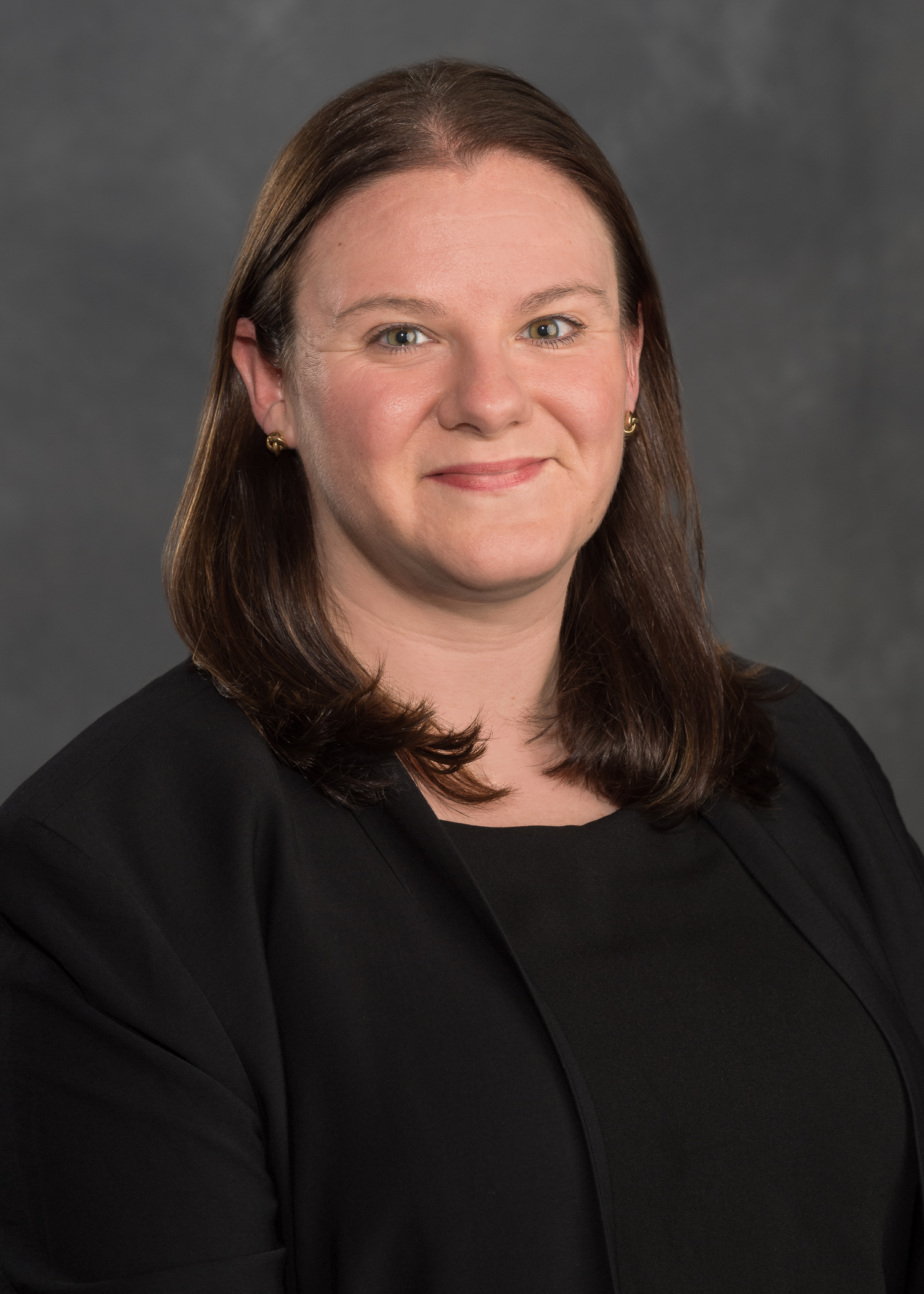New PMDC physician brings focus on healthcare disparities and DEI

Stephanie Bissonnette, DO, MPH recently joined the VCU Department of Neurology, bringing a commitment to addressing the healthcare disparities many patients with movement disorders face.
Dr. Bissonnette started in January as a new movement disorders specialist and core member of the VCU Parkinson’s and Movement Disorders Center. She also leads efforts directed toward promoting equal care of all neurologic patients as associate vice chair for Diversity, Equity, and Inclusion (DEI) within the department.

“I’m really interested in Parkinson’s disease (PD) disparities and looking at how language and health literacy affect a PD patient’s ability to understand their disease and to follow complex treatment plans and engage in things like physical therapy and exercise programs,” Bissonnette says.
It’s an area with which she’s very familiar.
In a prior role at Boston Medical Center, Bissonnette continued work on a project launched by a colleague that explored the social determinants of health and such disparities. While that medical center had a patient population that was one-third Caucasian, one-third Black, and one-third Hispanic, its movement disorders clinic was about 90 percent Caucasian, she says.
“As a fellow, I was passionate about working on this project,” Bissonnette says. “It became clear as I transitioned into an attending physician that my patients who had poorer health literacy or just poorer literacy or did not speak English were at a disadvantage in terms of being able to obtain essential information about their disease.”
Given the diversity of the Richmond community, we are poised to really become leaders in equalizing health care across socioeconomic status, across different types of health literacy, across communities. One of the things that really brought me to Virginia was how diverse it is and how much work we could do to improve patient care and quality of life.
Stephanie Bissonnette, DO, MPH, VCU Department of Neurology and VCU Health Parkinson’s and Movement Disorders Center
Bissonnette saw patients from the Boston area’s Haitian, Creole and Vietnamese communities, and she would often provide patients with a care plan document that she had run through Google Translate. As she pursued research, Bissonnette also noticed the way clinical trials were set up excluded many patients because they required English language literacy as well as access to email and Internet.
“Parkinson’s affects everyone—not just white older males,” Bissonnette says. “We also see many many younger, non-white patients, and female patients.”
In addition to focusing on Parkinson’s, Bissonnette is also particularly interested in working with individuals who have ataxia (loss of muscle control and impaired balance) and Huntington’s disease, and she’ll be transitioning into the role of director of the Huntington’s clinic. VCU is a Huntington’s Disease Society of America Center of Excellence for Huntington’s disease, [BB1] an inherited neurological disorder whereby the brain’s cells degenerate over time, causing abnormal movements, emotional changes and cognitive decline.
“Huntington’s is one of the most unique diseases out there because it has such a strong family link,” Bissonnette says. “People who are at risk for Huntington’s have their own experience with what the disease means. There is a dedication to cure and treatment and improvement in quality of life in the community that I don’t see with any other disease.”
Dr. Bissonnette defines success in her new roles as delivering excellent clinical care to all her patients and expanding the VCU Parkinson’s and Movement Disorders Center outreach into the community.
“Given the diversity of the Richmond community, I think we are poised to really become leaders in equalizing health care across socioeconomic status, across different types of health literacy, across communities,” she says. “One of the things that really brought me to Virginia was how diverse it is and how much work we could do to improve patient care and quality of life.”
Categories PMDC News